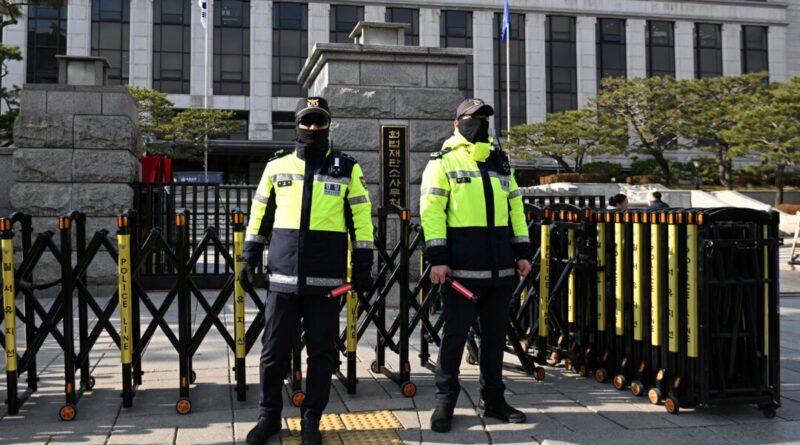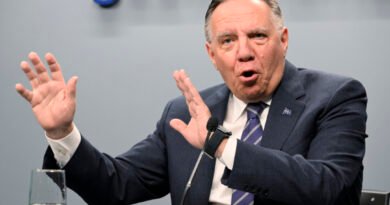Review of President’s Impeachment Underway in South Korean Court
The court has a maximum of six months to decide on removing or reinstating Yoon from office.
The impeachment of President Yoon Suk Yeol on December 16 over his brief martial law declaration on December 3 is under review by South Korea’s Constitutional Court, as reported locally.
In Saturday’s floor vote, the National Assembly voted 204-85 in favor of the motion.
The court has a maximum of six months to deliberate on the decision to either remove Yoon from office or reinstate him, with his removal potentially triggering a snap election within 60 days.
Han, who initially supported Yoon’s impeachment, initially declared his intention to stay in his role but eventually faced increasing pressure to resign after five elected party members expressed their desire to leave.
Yoon Vows To ‘Fight Till The End’
In a national address on December 11, Yoon defended his martial law declaration, stating it was aimed at safeguarding the country’s democracy and warning opposition parties, whom he accused of sympathizing with North Korea and disrupting state affairs by impeaching top officials.
“We must prevent the forces and criminal groups that have paralyzed state affairs and breached the constitution to date from taking control of state affairs and threatening the future of the Republic of Korea at all costs,” he said. “I will fight till the end.”
Yoon clarified that the martial law declaration did not constitute insurrection, emphasizing that the deployment of unarmed troops was to uphold order, not obstruct lawmakers from entering the parliament building.
“I did not block National Assembly members and staff from entering the Assembly. That is why lawmakers and a huge crowd were able to enter the National Assembly grounds, the main building, and the plenary chamber and why the deliberation about lifting martial law was able to be conducted,” he said. “And yet, somehow, there are those who have managed to greatly incite others erroneously by fabricating charges of insurrection designed to bring me down … Is it a revolt if you deploy a small number of troops briefly to maintain order?”
The sudden declaration of martial law on December 3 led to a confrontation with lawmakers, who opposed Yoon’s efforts to enforce a ban on political activities and censor independent media and publications.
Following the decree, approximately 280 troops were deployed to secure the National Assembly Building in Yeouido, Seoul. Yoon revoked the decree six hours later when the National Assembly unanimously voted to lift it.
Katabella Roberts and Reuters contributed to this report.





